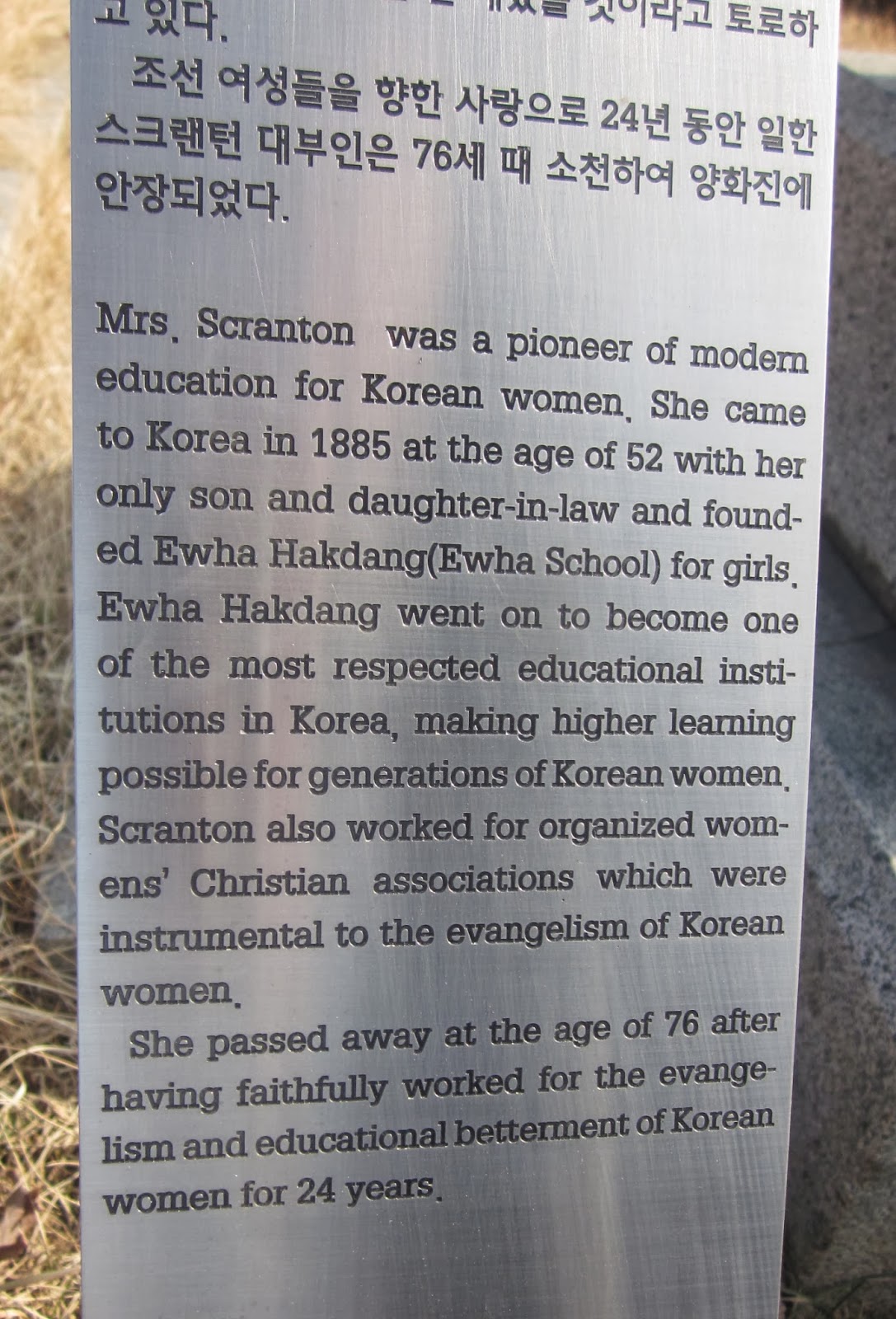While in Korea recently, I asked one of my Korean hosts why they work so hard. I was curious to know what was behind the extraordinary rise of South Korea from one of the poorest nations on earth to number 9 out of 187 in the United Nations Human Development Index, within a span of 60 years. His answer boiled down to: a drive to survive. South Koreans are highly motivated to never be ruled by another outside power again.
Memories of the 20th Century Japanese occupation
of Korea from 1910 until the end of
World War II, followed by aggression from North Korea, are part of South Korea's “DNA” today. When friends greet one another, it is not uncommon
for them to ask, “Have you eaten, and are you safe?” This custom is rooted
in 20th Century suffering.
What effects did the rule of Japan over Korea have upon the burgeoning
body of Christ that followed the Great Pyeongyang Revival Movement of 1907?
Japan was aggressively anti-Christian. Shinto worship was made compulsory in the schools, as well as in churches. Enforced worship of the Emperor
led to persecution of Christians who would not comply, with some 2,000 believers being imprisoned, and 200
churches being closed down. In one case, the Japanese burned down a church with
the congregation inside—burned alive.
Not all Christians participated in civil disobedience,
however, as church leaders were divided on the issue. Dr. Kirsteen Kim, Professor
at Leeds Trinity University College (UK), reports that “the missionaries argued for a separation of religion and politics, and
discouraged Koreans from resisting the Japanese. They consciously promoted
revival activities in order for Koreans to internalize their faith…”
This message did not sit well with Korean Christians: “Despite the apolitical message of the
missionaries and the hope of a life to come,” writes Dr. Kim, “what Korean believers read in their Bibles
was a political message for the here and now…the language of regeneration by
the Holy Spirit was directly connected by [Korean leaders of the 1907 Revival]
with the restoration of the nation…”
Professor Kim says early Christianity in Korea was “a
revitalizing force that inspired Korean activity toward development.” This was a "public theology" of Christianity. By design or default, it was a ball 19th Century missionaries got rolling. While 20th Century missionaries preached a more privatized Gospel, it fell on deaf ears.
 |
| Dr. Kim's paper, "Christianity's Role in the Modernization and Revitalization of Korean Society in the Twentieth-Century," was published in the International Journal of Public Theology, 2010. Readers interested in the knowing more about the "public theology of Christianity" that motivated early Korean Christians may contact me at overman@biblicalworldview.com for a complimentary copy, courtesy of Professor Kim. |







